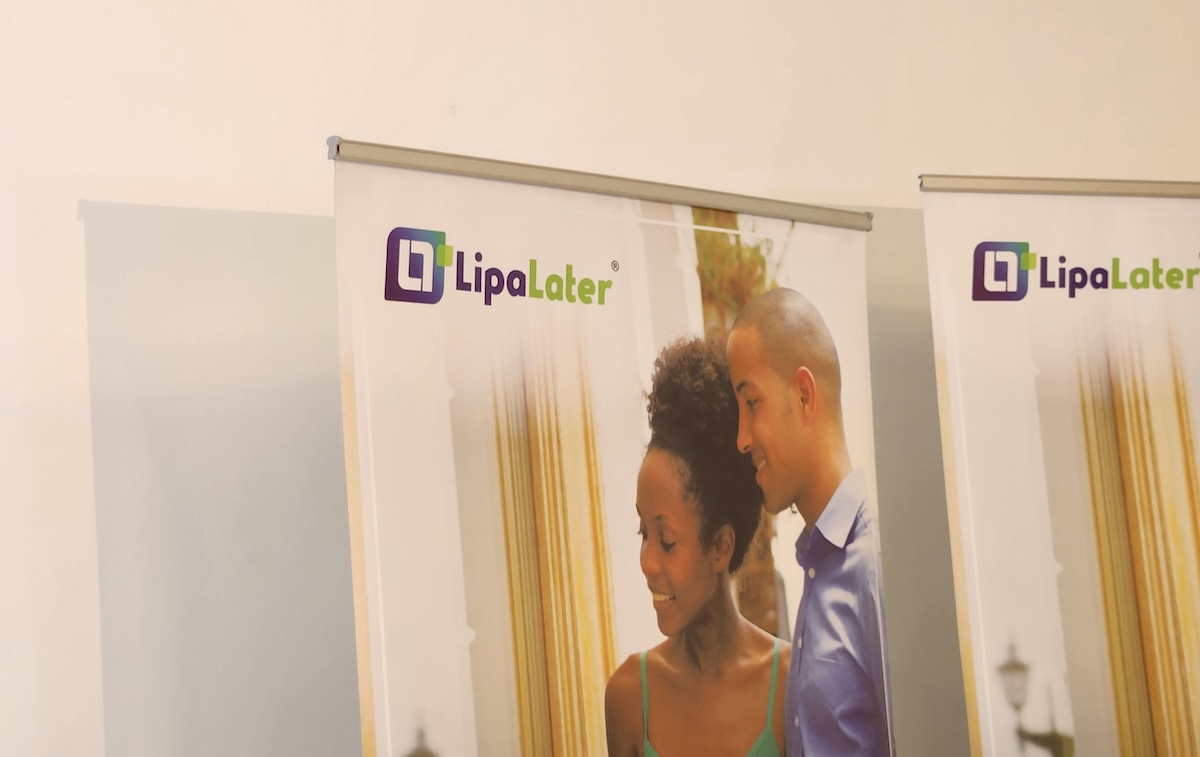Lipa Later and Odyssey Capital Insolvency: A Turning Point for Kenya’s Fintech Industry?

Kenya’s fintech industry is headed for a seismic change after the announcement of Lipa Later and Odyssey Capital’s insolvency. Together, these companies are among the major players in Buy Now, Pay Later (BNPL) services and digital lending and moved to administration on March 24, 2025, according to The Insolvency Act 2015.
Hiring Joy Vipinchandra Bhatt of Moore JVB Consulting LLP as administrator signifies a watershed moment for Lipa Later and Odyssey Capital, raising fears of adverse effects on consumers, merchants, and the broader financial ecosystem.
Lipa Later and Odyssey Capital Insolvency: What Happened?
The official insolvency notice states that:
- They have both lost control of operations and have placed themselves under the financial management of the administrators.
- All transactions under the control of directors ceased, meaning that company officers can make no further independent financial decisions.
- Claims against debts by creditors should be lodged before April 23, 2025.
The administrator and stakeholders are now discussing viable avenues for recovery: restructuring, selling, or liquidation.
Impact of Lipa Later and Odyssey Capital Insolvency on Kenya’s Fintech Sector
The insolvency of Lipa Later and Odyssey Capital is a wake-up call for Kenya’s fintech industry, with significant consequences for businesses, consumers, and investors.
Disruptions in BNPL Services and Consumer Lending
As one of Kenya’s largest BNPL providers, Lipa Later enabled customers to purchase goods on installment plans. Insolvency means that:
- Retailers find themselves in uncertainty: Merchants who partnered with Lipa Later for BNPL may find revenue loss.
- Customers may feel the effects: Those whose purchases Lipa Later was financing may see disruptions in their installment payments or the cancelation of pending purchases.
- Competitors will come in: Fringe BNPL providers like Aspira, M-Kopa, and FlexPay may take advantage of this gap.
SMEs and Microfinance Borrowers Left Without Credit Options
Odyssey Capital was mainly focused on lending to the small and medium enterprises (SME) spectrum, and its falling under would mean:
- Fewer avenues of financing for the SME’s making ripples into their growth and operations.
- Stringent lending terms by other microfinance institutions making it harder to access credit.
- Possibly, layoffs as the curve of companies that rely on short-term loans grows.
Investor Confidence in Kenyan Fintech Startups at Risk
Caution from fintech investors after the insolvency of Lipa Later and Odyssey Capital may result in:
- A drop in venture capital (VC) money directed to Kenyan fintech startups.
- More efforts to profitability instead of aggressive growth; thus it will become a norm for startups to pursue sustainable financing models.
- Market exits from Kenya will be a possibility as foreign investors begin re-evaluating fintech investments.
Potential Regulatory Changes for BNPL and Digital Lending
In the unfortunate event that Lipa Later collapses, regulations by the Central Bank of Kenya (CBK) and the Competition Authority of Kenya will likely follow, like:
- New BNPL licensing requirements to ensure that only providers with adequate financial stability are approved to operate;
- These regulations will probably encompass the protection of consumers against default risks;
- Oversight of debt collection and recovery to combat harassment and any other negative collection practices from the providers.
What Happens Next? Possible Outcomes
The next steps from the administrator are critical going forward for both Lipa Later and Odyssey Capital. Scenarios that could play out include:
- Acquisition by a larger financial entity, with assets taken by them from fintech firms or banks.
- A debt relief plan under which both companies would be obliged to meet their obligations.
- Total liquidation, to the extent asset sales are conducted to pay off creditors.
Lipa Later and Odyssey Capital Insolvency: What It Means for Kenya’s Fintech Future
The insolvency of Lipa Later and Odyssey Capital exposes the underlying financial risks in Kenya’s BNPL and digital lending market. Short-term disruptions will set the stage for:
- A greater focus on financial prudence among fintechs.
- Regulatory measures becoming more stringent to obviate the possibility of another collapse.
- Sustainable growth strategies for fintech in the Kenyan ecosystem.
As developments unfold, businesses, consumers, and investors must stay alert and prepare for the impending shifts in the fintech landscape.
The Big Picture
Once considered a potential rising star in African fintech, Lipa Later raised $12 million in seed funds in January 2022 from investors that include among others Cauris, and Lateral Frontiers. The company was also backed with funds by Orbit Startups in 2021 and Founders Factory Africa in 2019. In December 2022, the company acquired the distressed e-commerce platform Sky.Garden, which was projected to have cost around $6 million in operational funds. While Lipa Later raised $3.4 million in debt in September 2024 and was trying to raise another $13.6 million, the company was still embroiled in financial troubles, with recent accusations towards late 2024 of unpaid suppliers and staff.
Lipa Later’s liquidity suffered more and more by December 2024, given the continuing failure to raise fresh capital. Employees had not received their salaries for months, and lawsuits for unpaid debts were piling on. One such case was Africa Foresight Group (AFG), which sued Lipa Later for $13,516 for not paying a 2022 market report. Lipa Later lost in the High court of Kenya, which held that Lipa Later had in fact admitted to the debt during its internal communications. By March 2025, there were still questions as to the company’s solvency.
Follow us on WhatsApp, Telegram, Twitter, and Facebook, or subscribe to our weekly newsletter to ensure you don’t miss out on any future updates. Send tips to editorial@techtrendsmedia.co.ke



